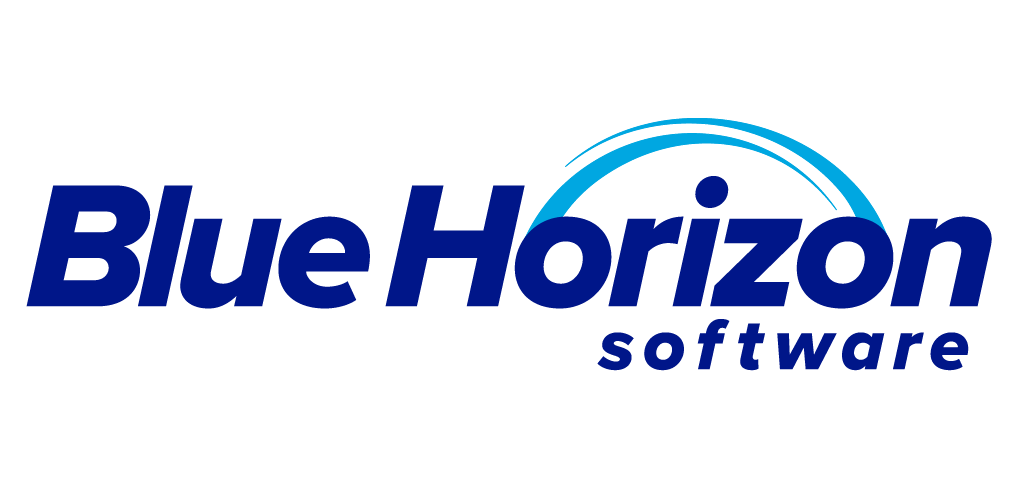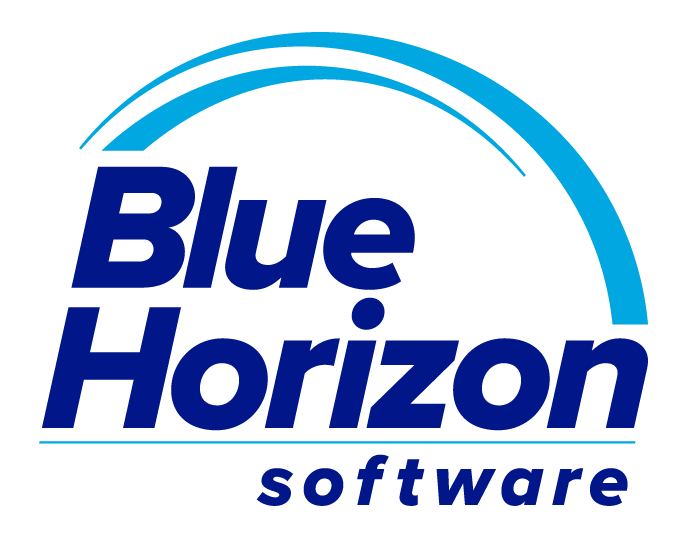Blue Horizon’s reading list is a curated collection of articles for SaaS founders and management teams. We are entrepreneurs and operators who have lived through the process of founding and scaling software companies. Here are the articles and resources we found useful this week.
The Top Two, High-Level Questions About Sales (and Associated Metrics)
by Dave Kellogg, kellblog.com
Pipeline coverage is a pretty simple concept: it’s the dollar value of the pipeline with a close date in a given period divided by the new ARR target for that period…if you’ve got a problem with your sales performance, there are really only two questions you need to focus on. While we (perhaps inadvertently) demonstrated that you can drill deeply into them — those two simple questions remain:
1) Are we giving ourselves the chance to hit the number?
2) Are we hitting it?”
Jobs-To-Be-Done Theory: Understand Your Customers Better
by PredictableRevenue.com
Most B2B SaaS companies don’t compete with the other innovative startups in their space solving similar problems, they actually compete with email and a spreadsheet. Dan likens it to how Facebook actually competes with cigarettes in the right context. If a person doesn’t want to work anymore and wants to take a 5-minute break, they can turn to either solution to get the job done. The Jobs-to-be-Done theory helps you understand the true competitive alternatives that exist for your customer and how they’re getting the job done today.
The Low Viral Coefficient of SaaS, And Why That’s Just Fine
by Jason Lemkin, saastr.com
I’d say typically, SaaS apps don’t have enough customers to see the material, economic benefits of viral revenue until they cross $1m-$2m in ARR at the earliest. You may see hints of it before, and in your leads, but usually, there aren’t enough customers or time for it to move the needle as a material revenue contributor before then.
My Product Isn’t Designed for PLG: How Can My Business Become Product-Led?
OpenView Partners
As a company scales, there’s a tendency for employees to become more distant from the product. Some front-line sellers may even shy away from performing basic product demos. To counter this ‘product fear’, internal teams can offer a product certification as a component of the sales onboarding process. Before interfacing with customers, require employees to have a basic fluency with the platform. This, coupled with continuous training across the go-to-market organization, is an excellent way to ensure all team members are knowledgeable about the product when talking with customers.
About US
Blue Horizon acquires and invests in profitable software businesses with stable recurring revenue streams. The Blue Horizon platform combines long-term capital and industry expertise with an operating model that enables businesses and their leaders to focus on growth and profitability.

